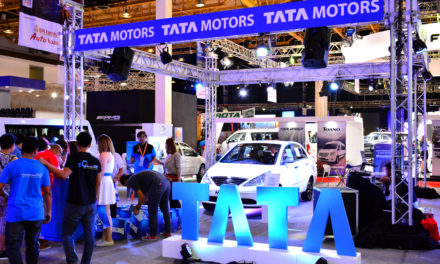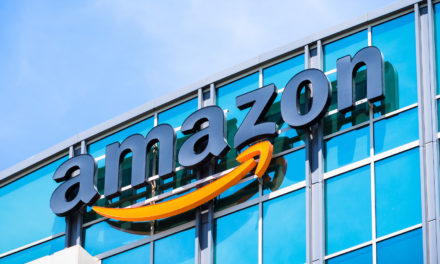Study Affirms Gen Z, Millennial Belief in Competition, Individual Responsibility and Earned Success
Study Affirms Gen Z, Millennial Belief in Competition, Individual Responsibility and Earned Success

Snider Center Researchers Release ‘Confidence in Capitalism’ Initial Findings
Spurred by the pandemic’s magnification of Americans’ complex and conflicting views of democracy and capitalism, research affiliates of the Ed Snider Center for Enterprise and Markets have initiated a corresponding 10-year study to explore what young Americans expect from business and government.
The initial findings recently were summarized in a review by Bloomberg News (via The Washington Post): “[Gen Zs and millennials] continue to put their faith in institutional competition rather than government activism when it comes to solving their problems. They strongly believe that large swathes of U.S. industry (notably health insurance, social media and mobile phone networks) don’t have enough competition.”
Snider-affiliated researchers and UMD/Maryland Smith graduates Christina Elson (MBA ‘15 ) and Kylie King (PhD ’17 in Measurement, Statistics, and Evaluation) are driving the ‘Confidence in Capitalism’ project. It’s based at Wake Forest University’s Center for the Study of Capitalism, where Elson serves as the John A. Allison IV Executive Director.
Elson and King (Professor of Business and Entrepreneurship and Director of the Center for Innovation and Entrepreneurship at Champlain College in Burlington, Vermont), with polling firm YouGov, surveyed and analyzed responses of nearly 2,000 young Americans. The study separated the subjects as older Gen Zs (18-24), younger millennials (25-31) and older millennials (32-40).
“We want to understand how their views influence their expectations of the roles business and government play in society,” write Elson and King. “The perspectives of these young Americans, specifically millennials and Gen Zs, are important for business leaders interested in what younger generations think about work, individual economic freedom, the purpose and limits of corporations, redistribution and regulatory structures, and engagement in civic society.”
In “Views of Egalitarianism and Capitalism Among Millennials and Gen Zs,” the authors summarize their initial findings:
Disappointment with economic opportunity: “The groups we surveyed are broadly supportive of the foundational principles of capitalism such as competition and individual economic freedom. They are actively involved in investing. Yet, they think the current economic system is not working for them. Specifically, most young Americans do not believe access to the free enterprise system is equitable…”
Pandemic effects: “…The pandemic experience of young Americans may be contributing to what has been called delayed adulthood (between ages 18 and 25). In earlier generations, young adults were much more independent at these ages than they are today. Today, more young people in this age bracket do not yet accept full responsibility for themselves, make independent decisions, or become fully financially independent. If this is the case, Gen Z is certainly entering the work force with different psychological structures, experiences, and expectations than older generations. They probably even differ from the oldest millennials in this regard. This delay of independence causes a delay in experiencing key elements of adulthood, such as the self-discipline of work, the accumulation of material assets, and the impact of marriage and children.”
Young Americans and government: “It is not clear how intergenerational wealth gaps and delayed adulthood relate to diminished participation in public affairs or trust in civic engagement, such as in voting. Existing research shows younger generations are less likely than older generations to think they have a real say in government. Many do not believe the current system is doing enough to meet basic healthcare needs or addressing urgent environmental issues. Although they see a substantial role for government in fixing these problems, they do not think government is the only entity with responsibility to act. Regarding healthcare, older millennials point to the lack of competition as a problem. They are supportive of governmental backstops that defray risk including redistribution, wage support, and (at least during the pandemic) access to jobs.”
Young Americans and markets: “People who are optimistic and hold positive views about risk and competition are more likely to think they can do well in competitive market economies. In the groups we studied, their willingness and drive to engage in markets was not matched by a feeling that markets are fair or that the risk is worth it. It is well known that human psychology drives us more strongly to avoid loss than to achieve gain. If young Americans continue to feel markets are anticompetitive or captured by special interests, they will be less likely to be interested in participating in a capitalist economy. If they feel their choices repeatedly have bad outcomes, such as investing significant resources in an education and then becoming underemployed, they will be less optimistic about their future.”
Elson and King will continue to release data as they do more analysis. They also will adapt their findings for publication in academic journals.
Follow the project via the Confidence in Capitalism homepage.




